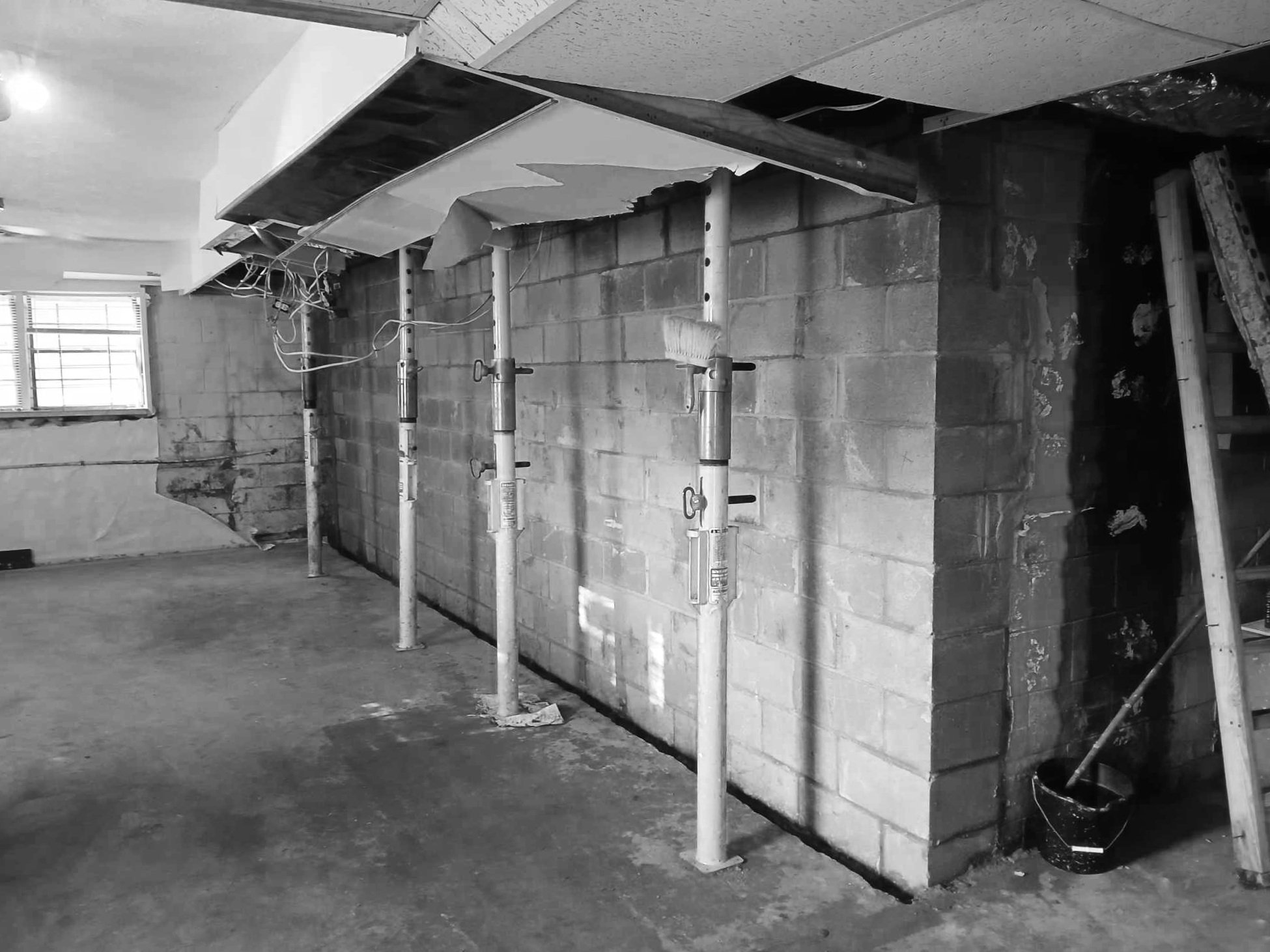
What Happens During a Professional Foundation Inspection in Asheville, NC?

Introduction
When Click for more it comes to homeownership, one of the most critical aspects that often goes overlooked is the foundation. A solid foundation supports the entire structure and protects it from various environmental factors. In Asheville, NC, where the terrain can be unpredictable and weather conditions fluctuate significantly, having a reliable foundation inspection becomes paramount. This article will delve into what happens during a professional foundation inspection in Asheville, NC, and explore all its facets—ensuring your home stays safe and sound for years to come.
What Happens During a Professional Foundation Inspection in Asheville, NC?
A professional foundation inspection is an essential process that assesses the structural integrity of your home’s foundation. This involves several steps aimed at identifying existing issues or potential problems that may arise in the future.
1. Initial Consultation with Homeowner
Before any physical inspection begins, most contractors will conduct an initial consultation with you as the homeowner. This is a crucial step where you can voice any concerns or observations regarding your property.
- What to Expect: The contractor will ask specific questions about your home’s history—any prior repairs, visible cracks, or water damage.
- Importance: Gathering this information helps the inspector focus on areas that might need more attention during the inspection.
2. Visual Inspection of Interior Spaces
Once the initial consultation concludes, inspectors often start with a visual examination of your home's interior spaces.
- Key Areas of Focus:
- Walls: Look for signs of bowing or cracking.
- Floors: Uneven surfaces could indicate foundational issues.
- Windows and Doors: Difficulty in opening/closing may signal problems.
Inspectors take Visit this page detailed notes and photographs during this phase to document their findings.
3. Exterior Examination of Foundation
After assessing the interior, inspectors turn their attention to the exterior. This stage is vital for determining how environmental factors have impacted your foundation over time.
- Areas Inspected:
- Foundation Walls
- Crawl Spaces
- Any visible cracks or gaps
Identifying Functional Foundations in North Carolina
In North Carolina specifically, functional foundations are crucial due to varying soil types and weather patterns. Inspectors will evaluate how well your foundation functions under these conditions.
4. Measurement of Cracks and Structural Elements
During inspections, professionals measure any visible cracks in walls or floors.
- Why Measure Cracks?: The size and location of these cracks can provide insight into whether they are minor cosmetic issues or indicative of significant structural damage.
5. Soil Conditions Assessment
Soil plays a significant role in how well a foundation performs over time.
- Inspectors will analyze:
- Soil Type: Clay soils expand when wet but shrink when dry.
- Drainage Patterns: Poor drainage can lead to moisture accumulation around foundations.
Understanding these elements helps determine if additional measures are necessary for stability.
6. Use of Advanced Tools
Professional inspectors often employ modern tools for accurate assessments:
| Tools Used | Purpose | |--------------|---------------------------------------| | Laser Levels | Determine levelness | | Moisture Meters | Check for moisture content | | Infrared Cameras | Detect hidden water intrusions |
These tools help identify potential issues that may not be immediately visible to the naked eye.
Foundation Repair Options After Inspection
Should an inspection reveal problems with your foundation, various repair options exist:
Understanding these options allows homeowners to make informed decisions about repairs based on their unique situations.
Signs You Need a Foundation Inspection
You might wonder what indicators suggest it's time for a professional assessment:
- Visible cracks on walls
- Uneven flooring
- Doors or windows that stick
- Water pooling near the foundation
If you observe any of these symptoms, getting ahead with an inspection could save you money down the line by addressing issues early on.
Choosing a Foundation Repair Company Near Me
When selecting a repair company Learn here after an inspection:
Finding reputable contractors ensures quality work tailored specifically to meet local conditions and building codes.
FAQs
1. How often should I have my foundation inspected?
Generally speaking, it’s advisable to have your foundation inspected every three to five years unless you notice signs indicating immediate attention is needed.
2. Is it expensive to repair a damaged foundation?
The costs vary greatly depending on the severity of damage but expect repairs ranging anywhere from a few hundred dollars up into thousands if extensive work is needed.

3. Can I perform my own foundation inspection?
While you can do preliminary checks yourself (like looking for cracks), hiring qualified professionals ensures thorough evaluations using specialized tools and expertise.
4. Will homeowners insurance cover my foundation repairs?
Coverage depends on your policy specifics; however, many policies do not cover damage resulting from lack of maintenance or natural wear-and-tear scenarios.
5. What should I do if I find signs of damage?
Contact a certified inspector immediately so they can assess the situation professionally before further complications develop.
6. How long does a professional inspection take?
Typically between one to three hours depending on home size and complexity; however, results may vary based on findings during inspections!
Conclusion
Understanding what happens during a professional foundation inspection in Asheville, NC ensures that you're prepared should any issues arise with your property’s structure over time! From initial consultations through detailed examinations utilizing advanced tools—all while focusing on functional foundations—these inspections play an invaluable role in safeguarding one of life's biggest investments: our homes! If you've noticed any signs indicating potential foundational problems such as visible cracks or uneven surfaces—don’t hesitate! Reach out today and ensure both peace-of-mind regarding structural integrity while enjoying comfortable living environments without worry!